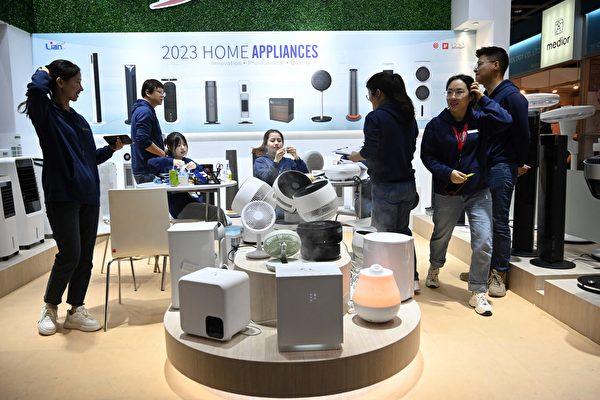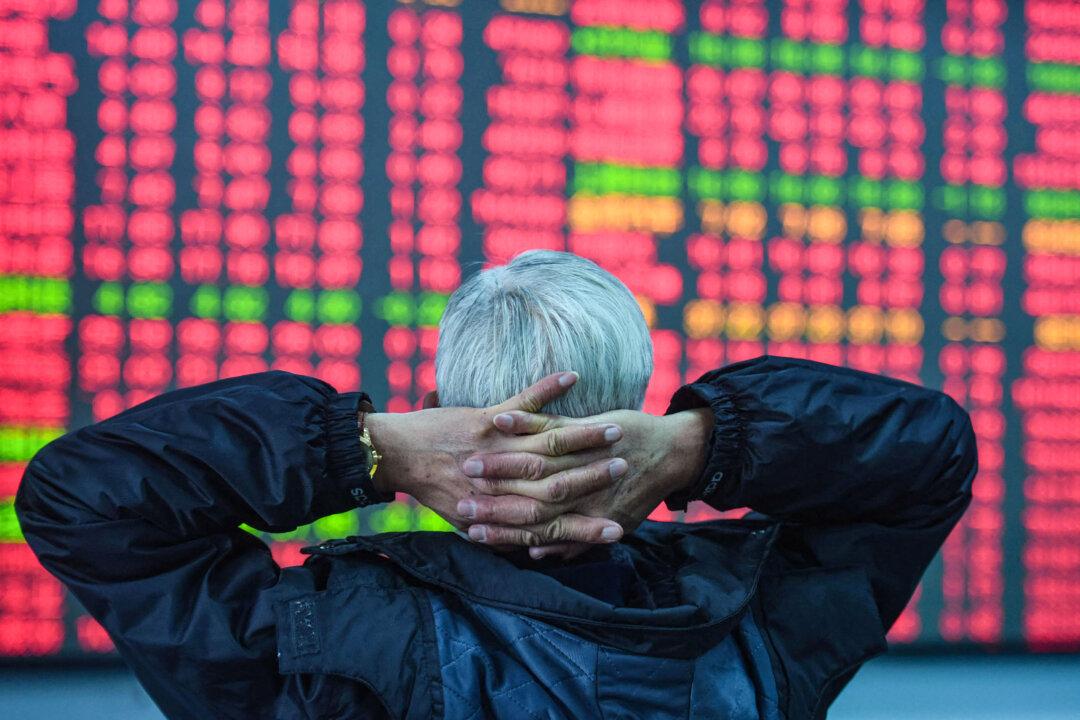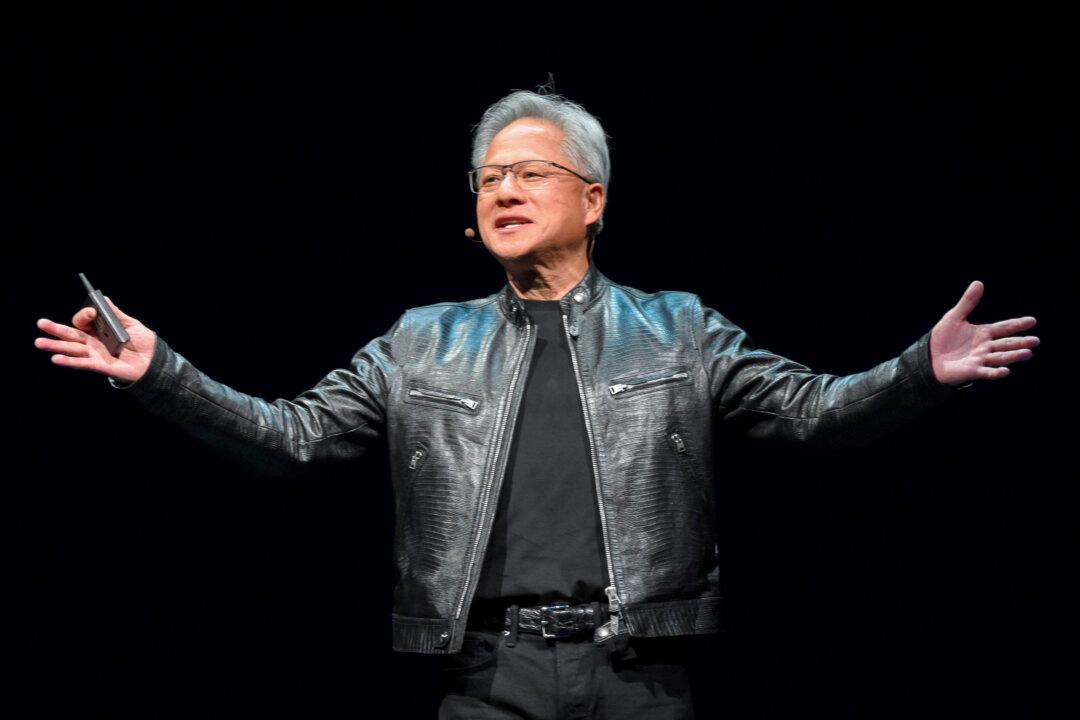In a bid to uphold its national security, the United States has rolled out a high-tech investment ban targeting the Chinese Communist Party (CCP) with the unprecedented inclusion of both Hong Kong and Macau on the list of restricted entities. Experts predict this move will deliver a significant blow to Hong Kong’s high-tech sector.
On Aug. 9, an executive order was issued by President Joe Biden, effectively imposing restrictions on American companies, citizens, and permanent residents investing in sensitive high-end technology enterprises in China. This covers domains such as Artificial Intelligence (AI), semiconductors and microelectronics, and quantum information technologies. The White House stated that these three categories were chosen because of their crucial role in the accelerated development of advanced military, intelligence, surveillance, and network technologies.




